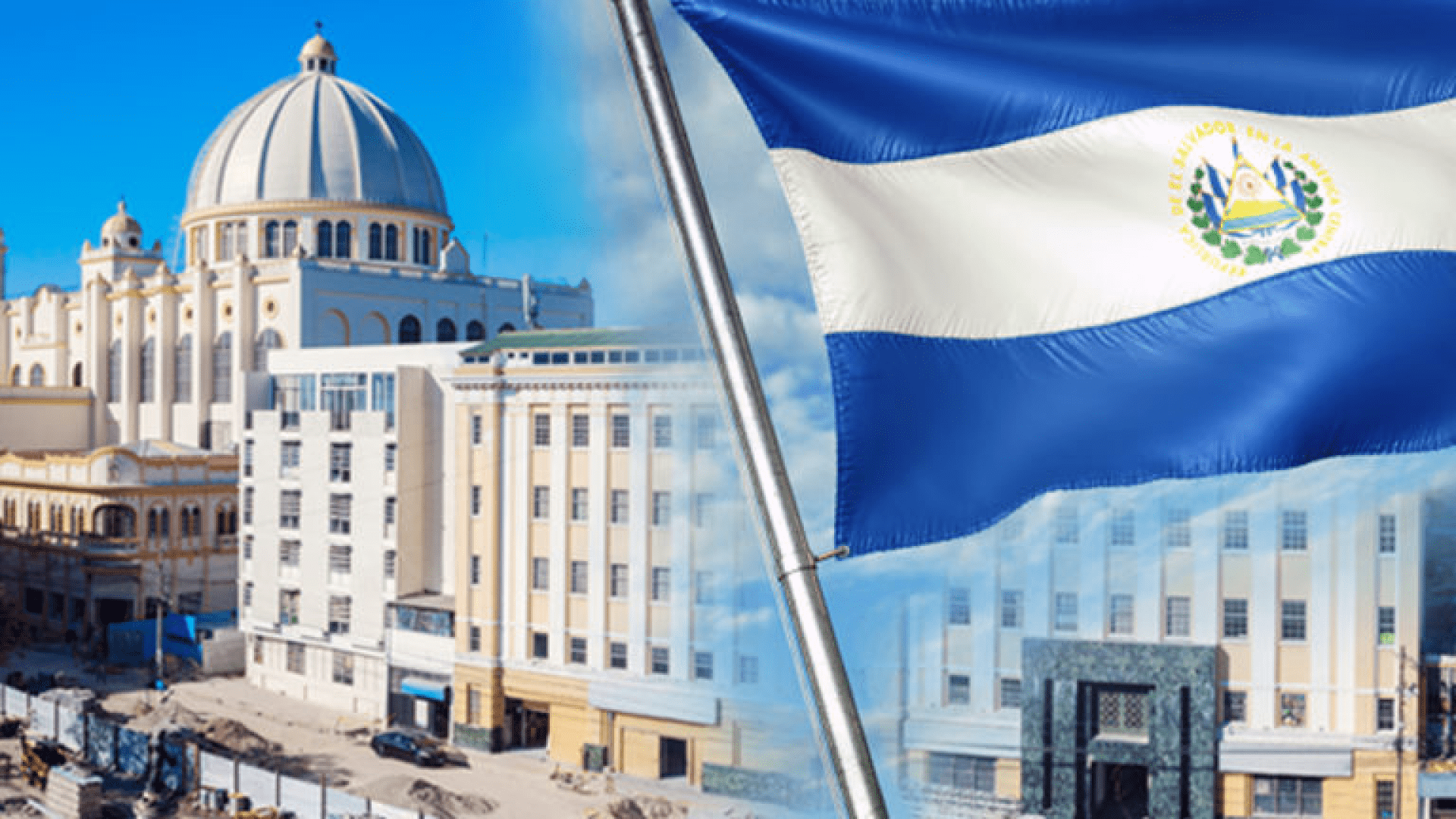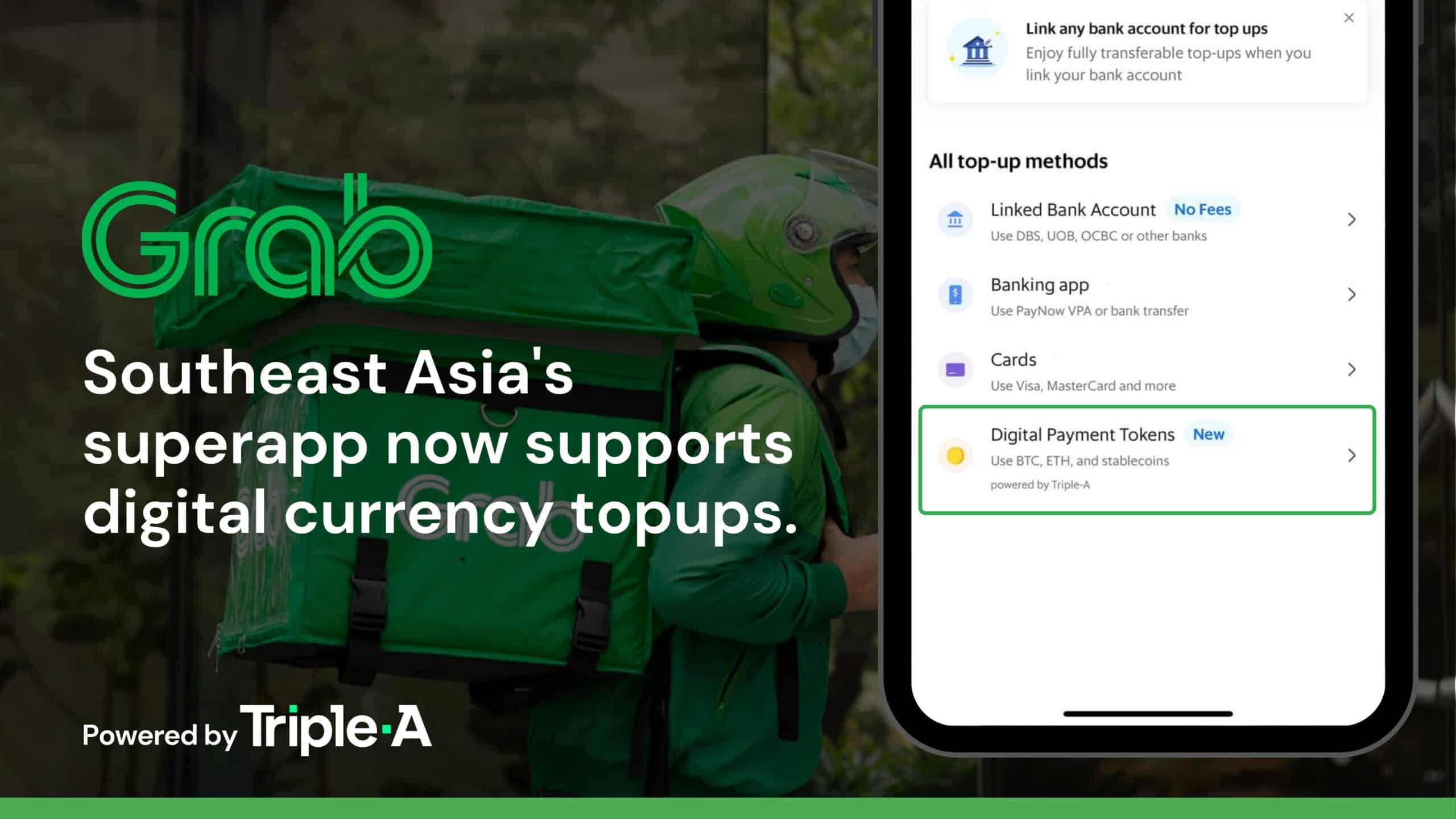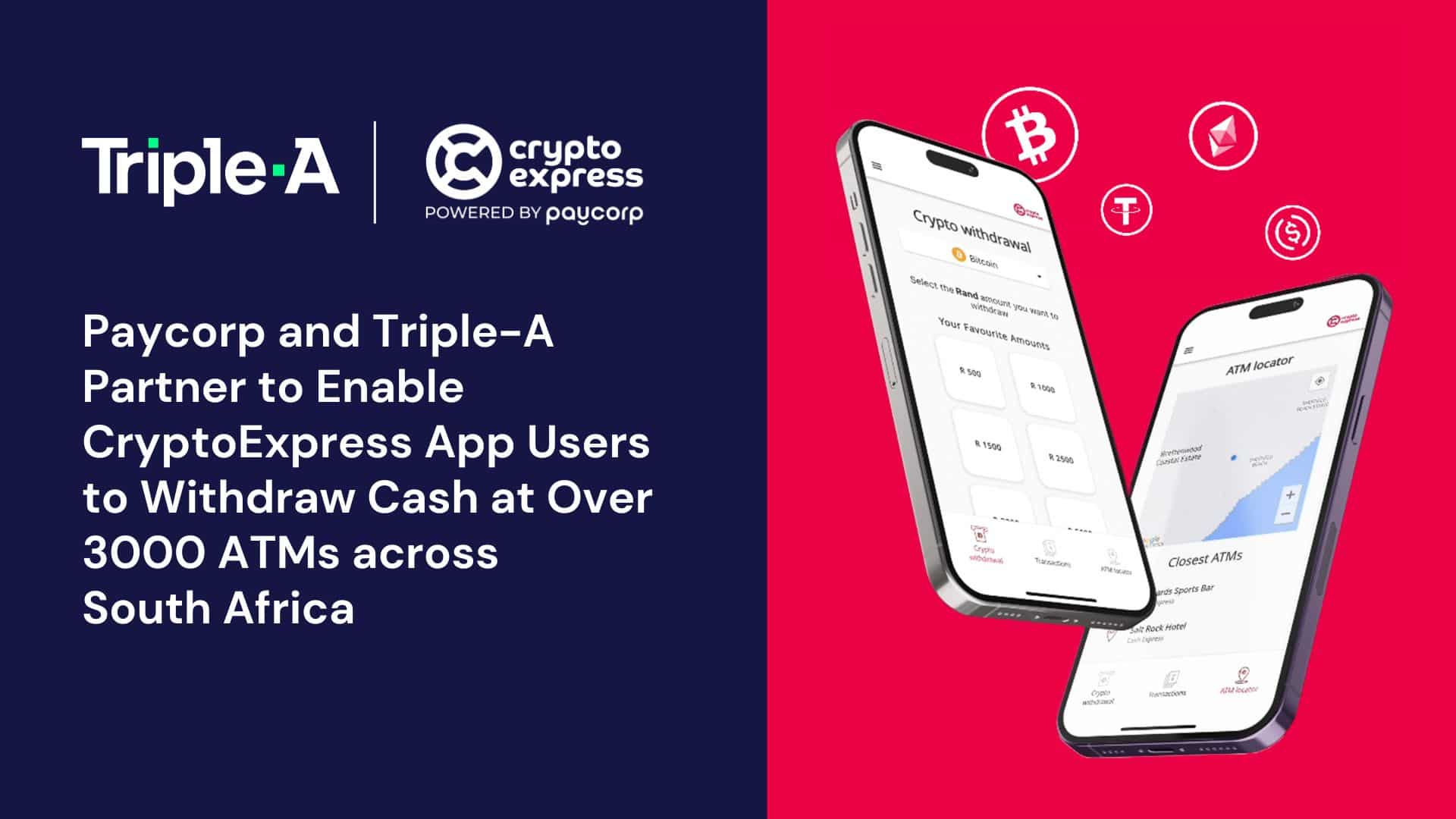El Salvador, the Central American country, is the first country to adopt Bitcoin as legal tender officially. It will take effect on 7 Sept 2021. Then on, Bitcoin will be used alongside the U.S. dollar, El Salvador’s official currency. And this means every business will accept Bitcoin as payment for goods and services. Citizens can also choose to pay taxes in digital currency.
“The use of Bitcoin will be optional, and nobody will receive Bitcoin if they don’t want it… If someone receives payment in Bitcoin, they can choose to automatically receive it in dollars,” said Mr. Bukele, President of El Salvador, adding that salaries and pensions will continue to be paid in U.S. dollars.
How Does it Affect El Salvador’s Economy?
With a population of 6.5 million, over 2 million Salvadoreans live abroad. They continue to send money home, estimated to be US$4 billion each year. 20% of the country’s gross domestic product (GDP) is made up of remittances or money sent home from abroad in El Salvador’s economy—one of the highest in the world. The move to adopt Bitcoin as an official currency will open up financial services to 70% of Salvadoreans who do not have bank accounts. Digital currency is a quick and cheap way to send money across borders without relying on traditional remittance firms, which are costly and slow.
“It will bring financial inclusion, investment, tourism, innovation, and economic development for our country,” Mr. Bukele said in a tweet.
“In the short term, this will generate jobs and help provide financial inclusion to thousands outside the formal economy,” Mr. Bukele said, adding that it could also boost investment to the country, improving lives and the future of millions. This move could have been attributed by the success of the Bitcoin Beach, a Salvadoran beach town called El Zonte where 3,000 residents have been using Bitcoin for nearly 2 years.
Building a Bitcoin Mining Hub
Plans have been made to build a Bitcoin mining hub using renewable energy from the country’s volcano. Satellite infrastructure will also be built, helping rural El Salvarodans connect to the Internet and access the Bitcoin network. Together with Blockstream, a Bitcoin infrastructure company, El Salvador will be a model for the world, said Mr. Bukele on Twitter.
Besides, El Salvador will be partnering with digital wallet company, Strike, to build modern financial infrastructure using Bitcoin lightning technology. The government will also be creating its Bitcoin wallet called Chivo and will be offering US$30 worth of digital currency to any citizen who downloads it and registers as a user. Athena Bitcoin is also said to invest over US$1 million to install 1,500 digital currencies ATMs in El Salvador. The ATMs can be used to buy Bitcoin or sell them for cash.
Dealing with Bitcoin Volatility
Some people raised concerns about the digital currency’s volatility. And experts have warned that it could potentially complicate matters with the International Monetary Fund (IMF), where El Salvador is seeking a US$1 billion program. Financial regulators and policymakers also warn Bitcoin facilitates money laundering and other illicit uses. Bukele dismissed the fear, saying criminals already use U.S. dollars and other assets to launder money. “The problem is not the dollar; it is the criminals,” he said. (Reuters)
There may still be many questions about how Bitcoin would be implemented by El Salvador as a legal tender. No matter what, this move brings digital currencies one step closer to being the future of payment. It is an exciting milestone for the digital currencies space, and it could potentially trigger other governments skeptical about digital currencies to start embracing it. Businesses in El Salvador will be ready to accept over US$195 million worth of Bitcoin issued by the government. If you are still considering, don’t wait any further.



